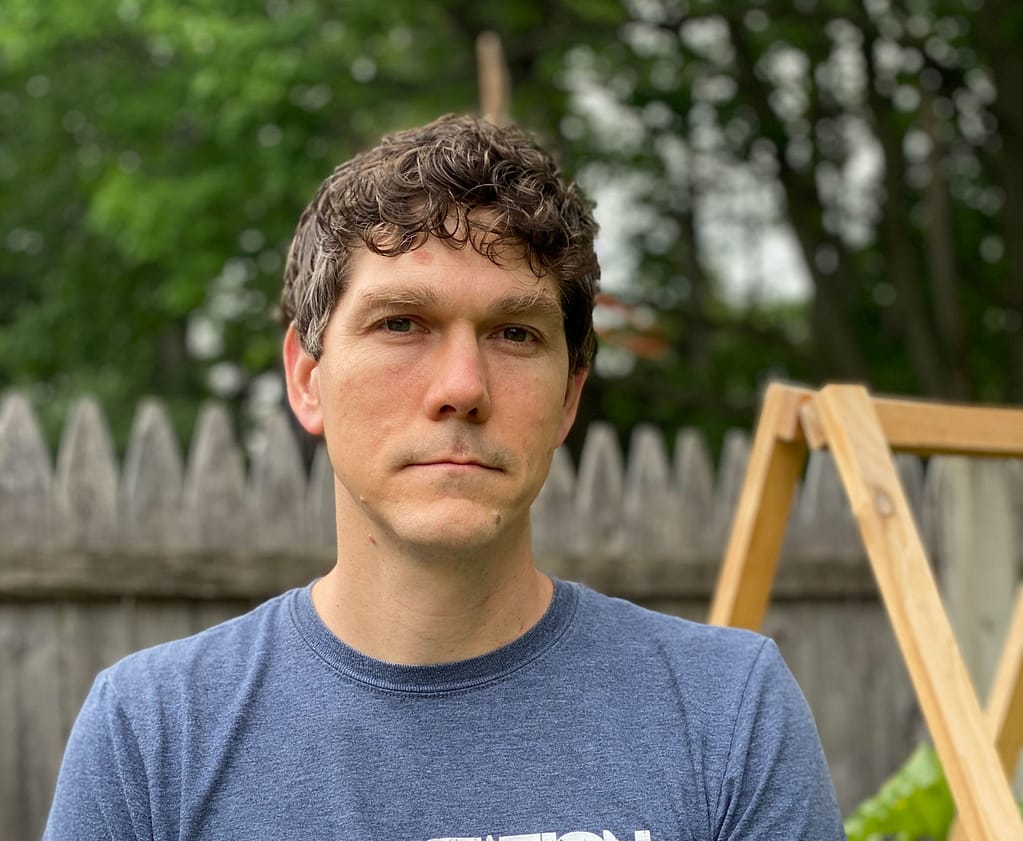Clay Williams Assistant Professor of Environmental Studies and Science

Bio
Ph.D. Florida International University (Biology)
B.S. Ohio State University (Zoology & Psychology)
Areas of Expertise
Limnology, Aquatic Ecology, Biogeochemistry, Global Change
Courses I Teach:
ES 107 – Environmental Science
ES 411 – Senior Seminar in Environmental Science
I grew up in rural Ohio where I spent my days tramping through woods, streams, ponds, and farms, discovering all the wonderful things these environments offer. I hunted deer among the strip-mines and quarries behind my house with a feeling that this was nature. Later, as a college student and then a marine fisheries observer, my views of how humans interact with the environment and nature began to shift. I saw firsthand our role in degrading and altering ecosystems. I began to wonder what a pristine ecosystem was and to what extent humans have shaped nature. This recognition and curiosity energized me and lead me to graduate school where I began conducting research on human, land, water interactions.
These experiences and those that followed helped shape my approach to teaching. I strive to establish openness with students so that I can understand their experiences and prior preparation. I enjoy helping students grow their understandings of systems and recognize connections between seemingly disparate ideas. I would not be a successful researcher, educator, or student if I was bound to one notion, and I do not believe students will be prepared if their teachings are narrow. Students, made accustomed to thinking across academic divisions and cultural understandings, develop the creative freedom to forge ideas that are open, inclusive, and revisable.
Throughout these scientific and academic adventures, I have maintained a love of soccer and I’m always on the lookout for a new pickup game!
Research
My research integrates biogeochemistry and ecosystem ecology to investigate how humans, terrestrial systems, and microbes shape aquatic ecosystems. I am interested in understanding how natural and anthropogenic landscapes and events impact carbon, nitrogen, and phosphorus cycles throughout the land-water continuum. My research has linked watershed land use and human population densities to alterations in aquatic organic carbon, nutrient, and decomposition cycles, which influence potentially carcinogenic disinfection byproduct formation in drinking water. I take an interdisciplinary approach to studying aquatic systems, which has allowed me to examine a broad range of issues.
A few of my current research projects are:
- developing low cost, do-it-yourself water quality sensors to make sensors more accessible, affordable, and useful to the broader scientific and citizen science communities.
- in collaboration with VT-DEC, characterizing organic carbon pools across Vermont lakes to determine how Vermont lakes are responding to or recovering from the pressures of pollution, climate, and land use changes.
- International collaborative research projects as part the Global Lake Ecological Observatory Network (GLEON; gleon.org)
Please see my Google Scholar page (Clayton J Williams) for a complete list of my publications:
https://scholar.google.com/citations?user=GUpJc4MAAAAJ&hl=en&oi=ao
Recent News
Clayton Williams of the College’s environmental science and studies faculty recently published an invited review article as part of a commemorative issue of Biogeochemistry, “Celebrating Biogeochemistry: Over 35 Years of Publication.” The article, “How humans alter dissolved organic matter composition in freshwater: relevance for the Earth’s biogeochemistry,” was led by Maggie Xenopoulos (Trent University) and was a collaboration among Clay and several of the world’s leading aquatic biogeochemists. The article is open access and available online. Also, Clay will receive one year of research funding starting this fall from the United States Geological Survey (USGS) 104b State Water Resources Research Institutes Grant Program through the Vermont Water Resources and Lake Studies Center. The project is a collaboration among Clay and Dr. Tian Xia (UVM – Engineering) and Dr. Ana Morales-Williams (UVM – Rubenstein School) and seeks to test and optimize low cost, do-it-yourself water quality sensors that they have in development. The project should provide reliable and affordable algal and cyanobacteria sensing capabilities to Burlington’s swimming beaches. The sensors would act to complement the current volunteer based beach monitoring programs and provide scientist with high frequency data that could be used to better understand why and how blooms happen along the waterfront and in Lake Champlain.
(posted July 2021)